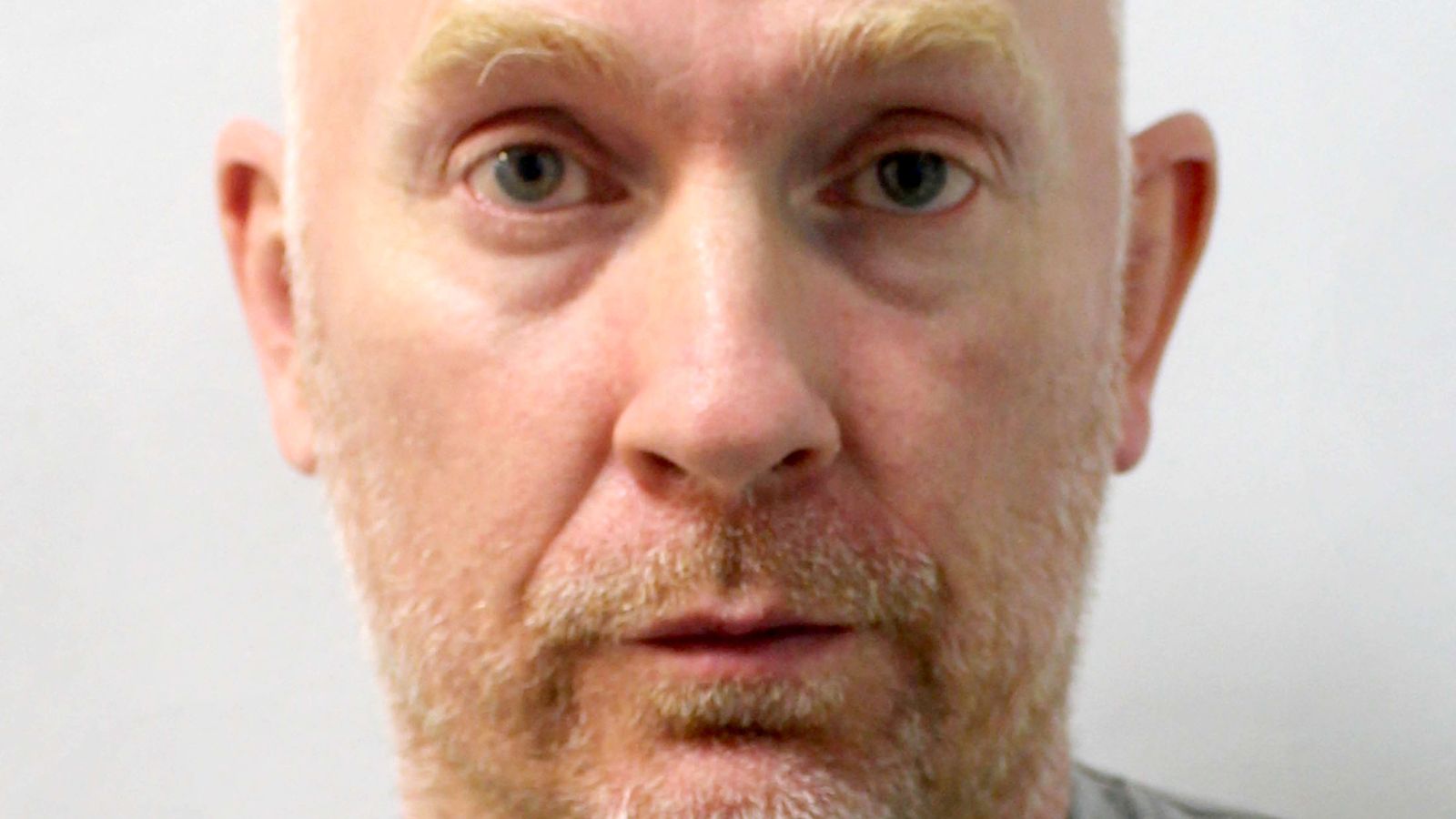Two police officers will face misconduct cases over the handling of reports of indecent exposure by Wayne Couzens before he went on to murder Sarah Everard, a watchdog has said.
A Metropolitan Police constable will face a gross misconduct hearing and a Kent Police sergeant will face a misconduct meeting, the Independent Office for Police Conduct (IOPC) said.
It follows IOPC investigations into the handling of separate reports of indecent exposure by the-then Met officer Couzens.
The Met Police constable will face allegations they breached police standards of professional behaviour for duties, and for alleged failings over the way inquiries were progressed into two incidents involving Couzens which occurred in February 2021.
On two separate occasions that month, Couzens exposed himself to female staff at a drive-through fast food outlet in south London.
Couzens, 50, pleaded guilty to both those offences on Monday.
Just weeks later he went on to kidnap, rape, and murder Ms Everard in March 2021, a crime for which he is currently serving a whole-life sentence.
An independent inquiry led by Dame Elish Angiolini is looking at the murder and will consider the exposure incidents as part of an analysis of whether any opportunities to prevent it were missed.
The constable is also accused of breaching standards relating to honesty and integrity over parts of an account provided to IOPC investigators.
The sergeant is alleged to have failed to follow all reasonable lines of enquiry before closing a case where a man driving a car that was identified as belonging to Couzens exposed himself to a pedestrian in Dover in 2015.
An investigation found no evidence to suggest that Couzens was identified as a police officer and he was not spoken to by investigating officers.
Read more
Sarah Everard’s killer pleads guilty to three counts of indecent exposure
Met Police officer and ex-PC jailed for sharing offensive messages with Sarah Everard’s killer
IOPC regional director Sal Naseem said: “We have been unable to publish our findings until now due to the risk of prejudicing criminal proceedings against Couzens.
“Now that those have concluded it will be for the Metropolitan and Kent police forces to organise disciplinary proceedings which will consider the evidence we have gathered and determine whether the allegations against the officers are proven or not.”
Assistant Chief Constable of Kent Police Tracey Harman said: “The IOPC has made a determination that the officer involved should be subject to a misconduct meeting on the basis that the allegations breached the police professional standards for duties and responsibilities. It would therefore be inappropriate to comment further.”











